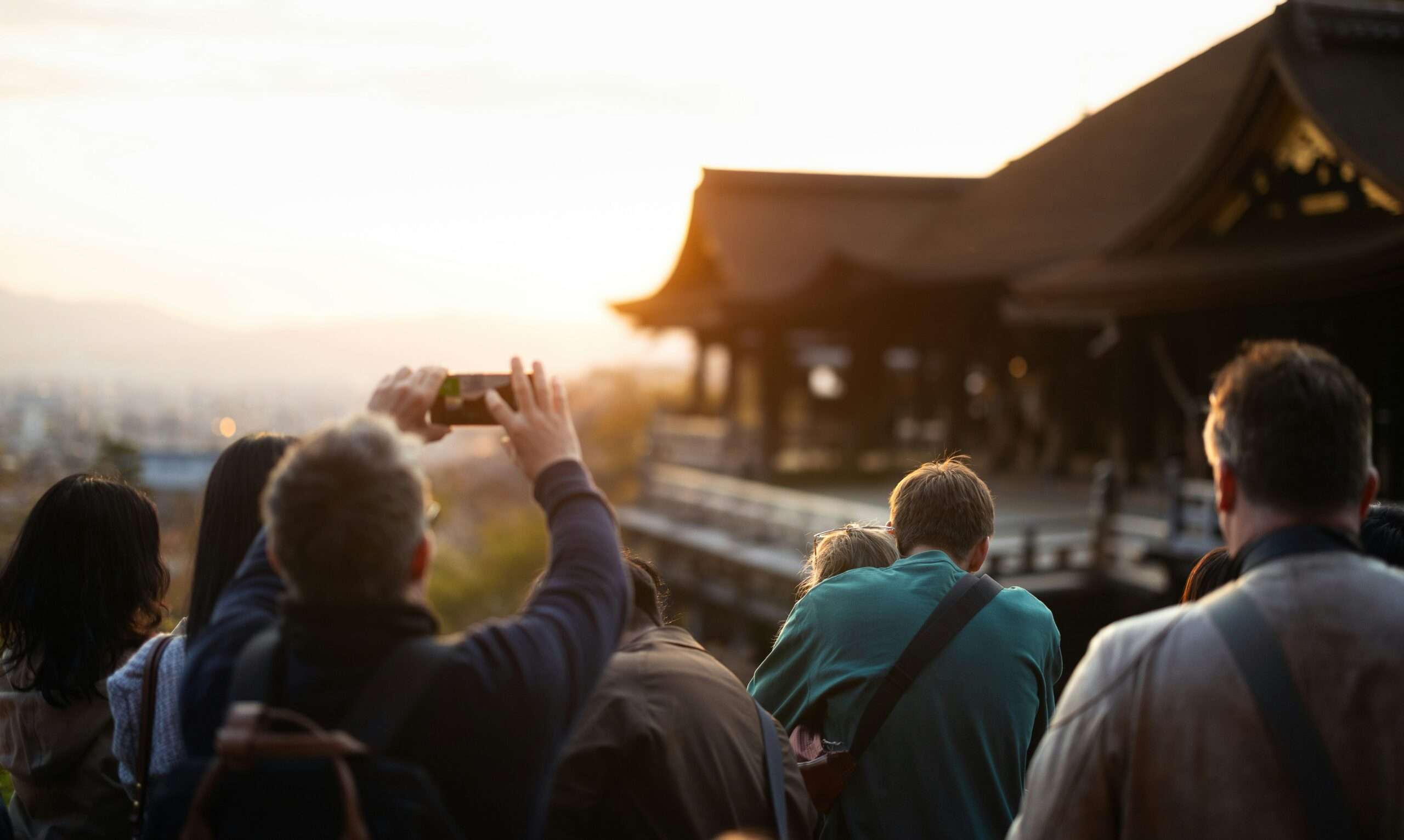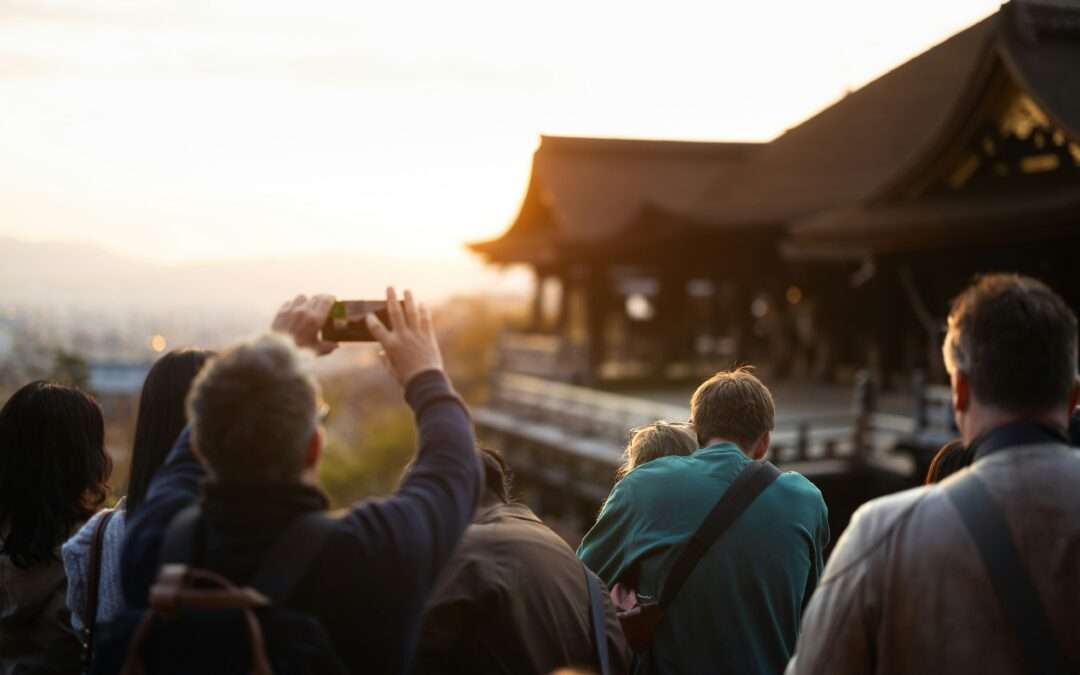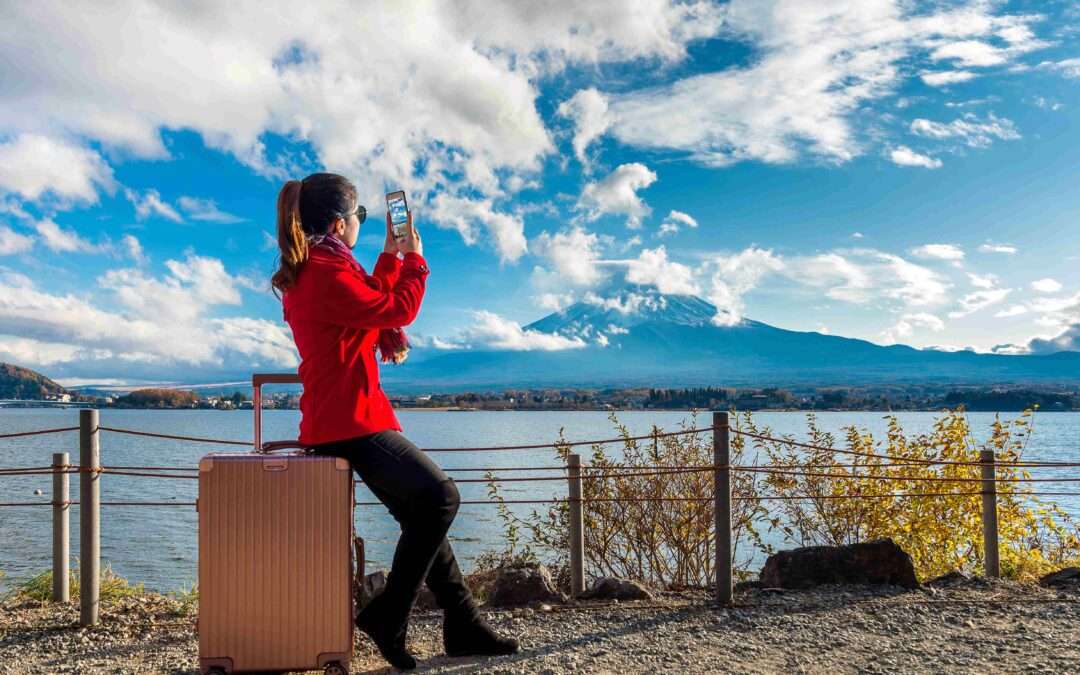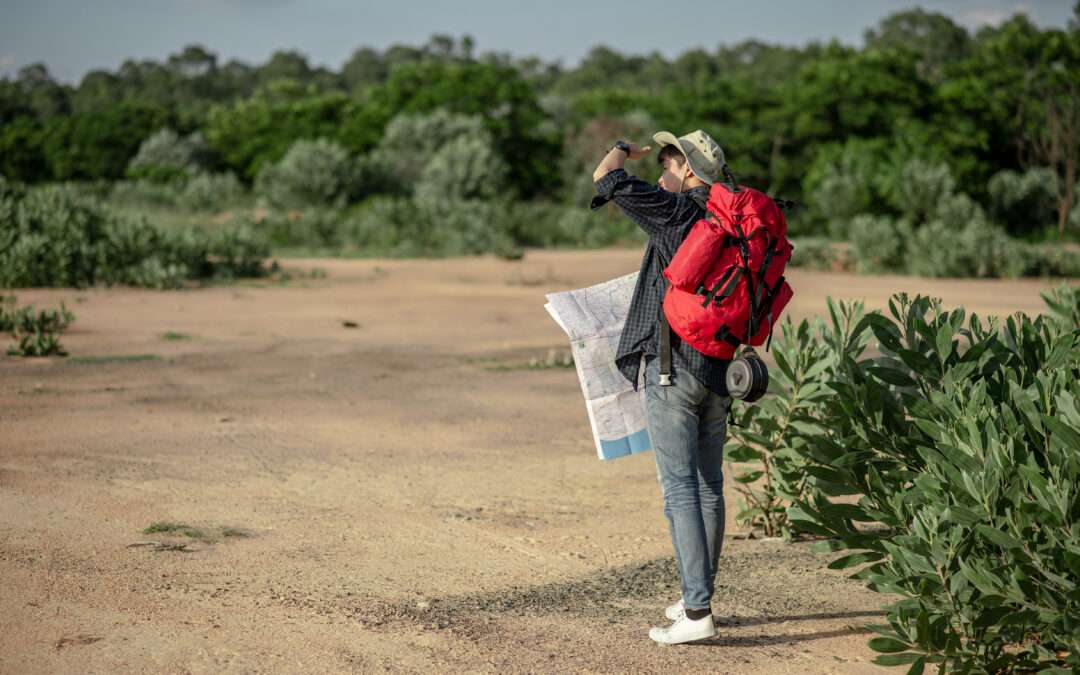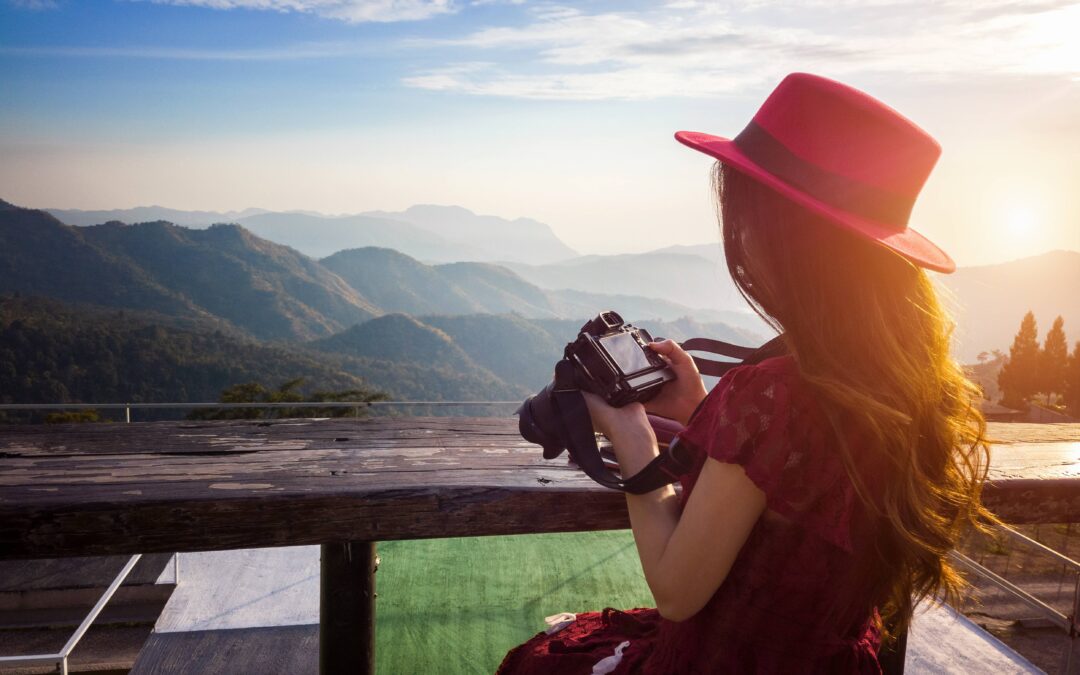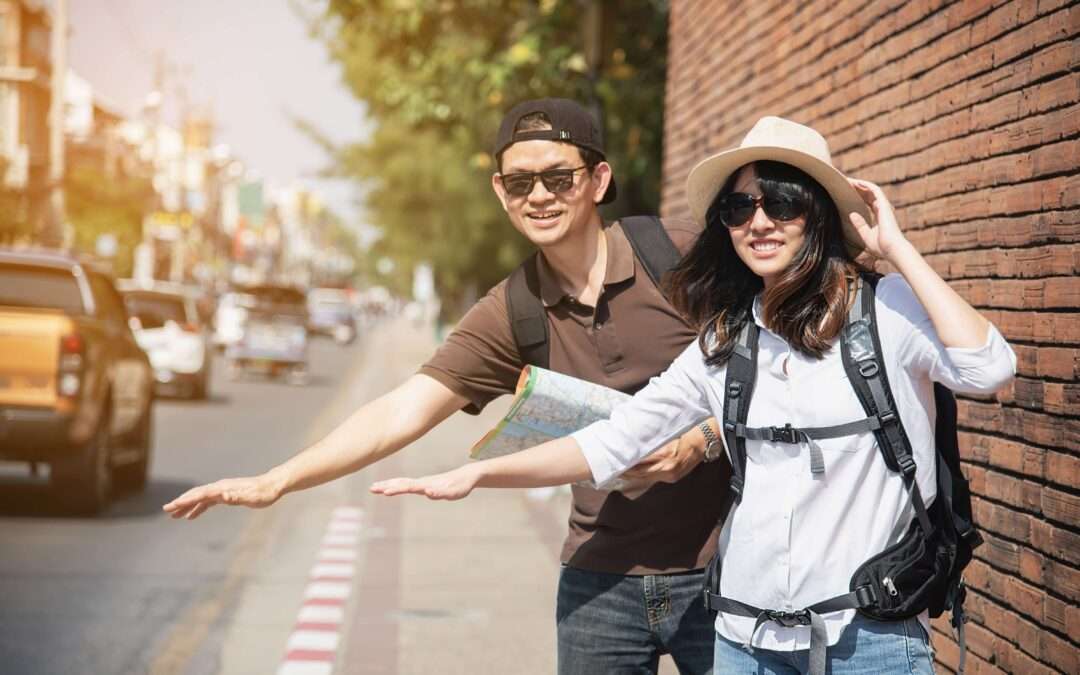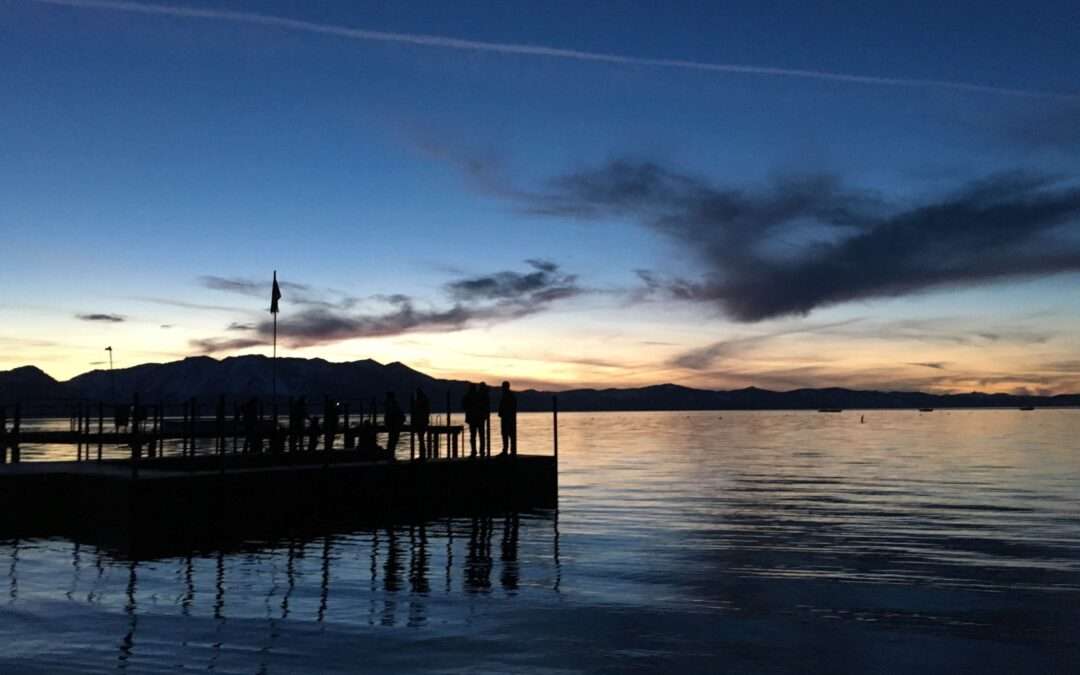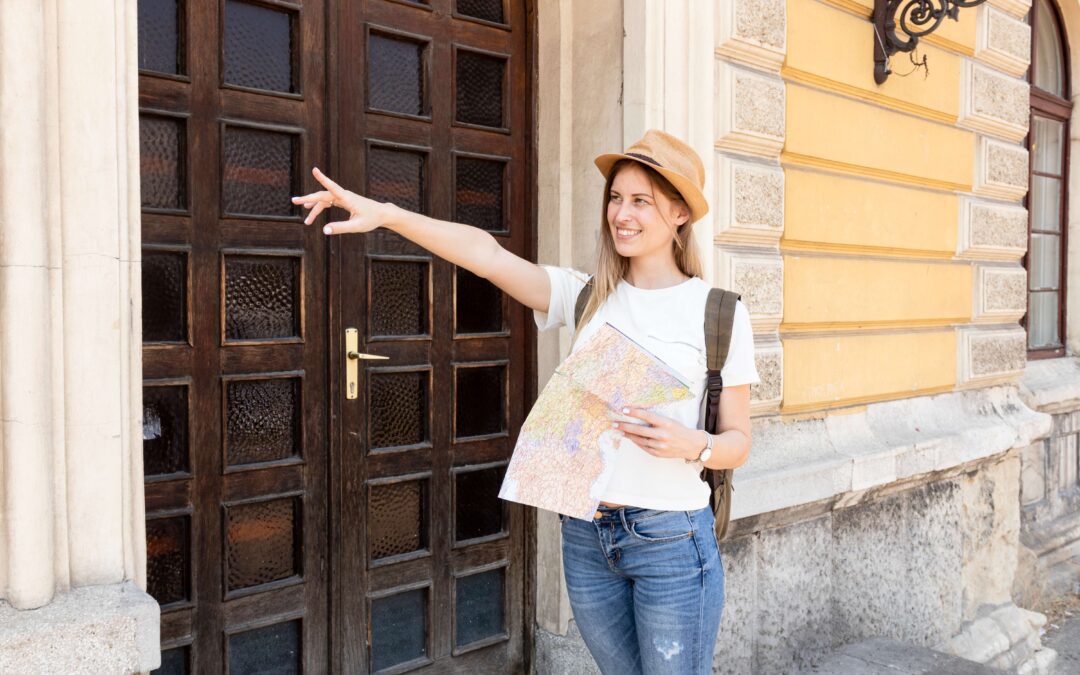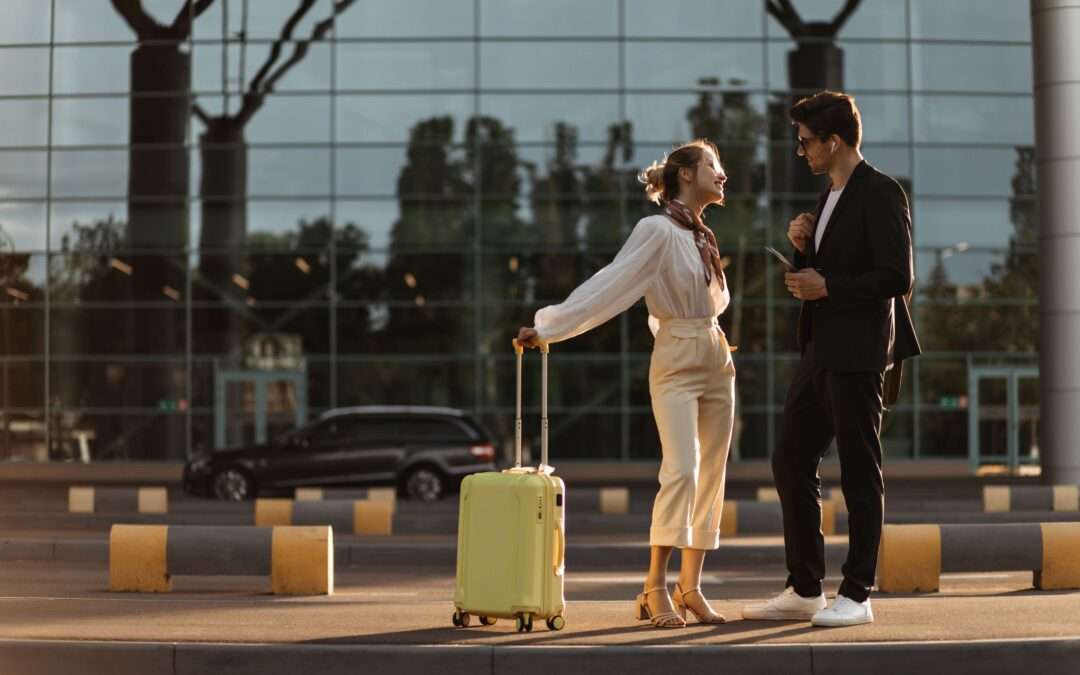Cultural Exchange and Understanding
One of the most worthwhile elements of tourism is the possibility for cultural exchange. When people from different parts of the world meet, they share language, customs, ideas, and values. This exposure helps both visitors and locals gain new perspectives, increase empathy, and challenge stereotypes.
Travel helps us see the world not just through our own lens, but through someone else’s. It encourages open-mindedness and mutual admiration, breaking down cultural limitations and fostering international friendships.
For example, when travelers participate in a local cooking class, attend a traditional festival, or simply chat with a shopkeeper, they create moments of connection that go beyond tourism they become shared human experiences.
Revitalization of Traditions and Heritage
Tourism can breathe new life into conventional art, paperwork, song, crafts, and cultural practices. In lots of locations, the interest of tourists allows hold and have fun with local heritage that might otherwise be at risk of fading away.
For example, indigenous weaving techniques, folk dances, or regional cuisines often find new audiences through tourism. This leads to a sense of cultural pride and identity among locals, especially younger generations who might rediscover the value of their heritage through its appeal to visitors.
However, it’s important that this revival is authentic and not overly commercialized, because when traditions are respected and shared sincerely, both locals and tourists benefit.
Empowerment of Local Communities
Tourism can empower communities — especially marginalized or rural populations — by providing them with opportunities for economic independence and self-expression. Through community-based tourism, locals can create homestays, guided tours, cultural workshops, and small businesses that reflect their way of life.
This type of tourism not only distributes income more fairly but also gives communities the chance to tell their own stories on their own terms. It strengthens self-confidence, creates leadership roles, and encourages inclusive participation, especially for women and youth.
When managed well, tourism becomes a tool for community development, resilience, and voice.
Changes in Social Structure and Lifestyles
As tourism grows, it often brings changes in how people live, interact, and work. While this can be positive, such as increased job opportunities or educational access, it can also disrupt traditional social structures.
For instance, younger generations may leave farming or fishing to work in hotels or tour agencies, altering the economic and social fabric of their communities. The influence of Western lifestyles, fashion, and media can lead to shifts in values, aspirations, and consumption habits, sometimes creating generational or cultural tension.
These changes aren’t inherently bad, but they must be navigated carefully to avoid losing cultural identity or causing social imbalance.
Overcrowding and Community Displacement
In popular tourist hotspots, the sheer volume of visitors can lead to overcrowding, rising living costs, and housing shortages. This phenomenon, often called “overtourism,” can negatively affect the quality of life for locals.
Cities like Barcelona, Venice, or Bali have seen locals pushed out of their neighborhoods as more properties are converted into vacation rentals. Every day, spaces — parks, markets, beaches — become dominated by tourists, and some residents begin to feel like strangers in their own communities.
Without careful planning, tourism can lead to gentrification, displacement, and resentment among the very people who make a place special.
Loss of Cultural Authenticity
When tourism is focused too much on pleasing visitors, it can lead to a loss of cultural authenticity. Local customs might be altered, diluted, or staged in ways that don’t reflect real life, just to meet tourist expectations.
This is known as “commodification of culture” — when traditions are turned into performances, and sacred spaces become selfie backdrops. Over time, this can cause cultural fatigue or even damage to deeply valued social practices.
Sustainable tourism practices aim to preserve authenticity while still allowing for cultural sharing, ensuring that the community remains the heart of the destination, not just a backdrop.
Improved Infrastructure and Services for Locals
On the positive side, the influx of tourism can lead to better infrastructure — roads, airports, hospitals, internet access, public transportation, and waste management systems. These upgrades often benefit both tourists and residents.
In many cases, tourism acts as a catalyst for development, bringing attention and resources to places that were previously overlooked. This means improved access to education, healthcare, and technology for the local population — a lasting social impact that goes far beyond the travel season.
Increased Awareness and Advocacy
Tourism has the power to shed light on social issues — from environmental conservation to human rights. When travelers witness inequality, environmental degradation, or injustice, they often become advocates for change.
Travelers can use their platforms to share stories, raise funds, or support grassroots organizations. Similarly, tourism can support cultural awareness campaigns, LGBTQ+ inclusion, indigenous rights, and more.
In this way, tourism can amplify local voices and foster global solidarity.
Final Thoughts
Tourism isn’t just about seeing new places — it’s about interacting with people, understanding cultures, and becoming part of something bigger. The social impacts of tourism are deep and far-reaching. When done responsibly, tourism can be a force for empowerment, preservation, and connection.
But like anything powerful, it must be handled with care. As travelers, bloggers, and industry leaders, we have a responsibility to respect communities, support authenticity, and travel mindfully.
Because behind every destination is a living, breathing society, and their stories matter just as much as the sights.

